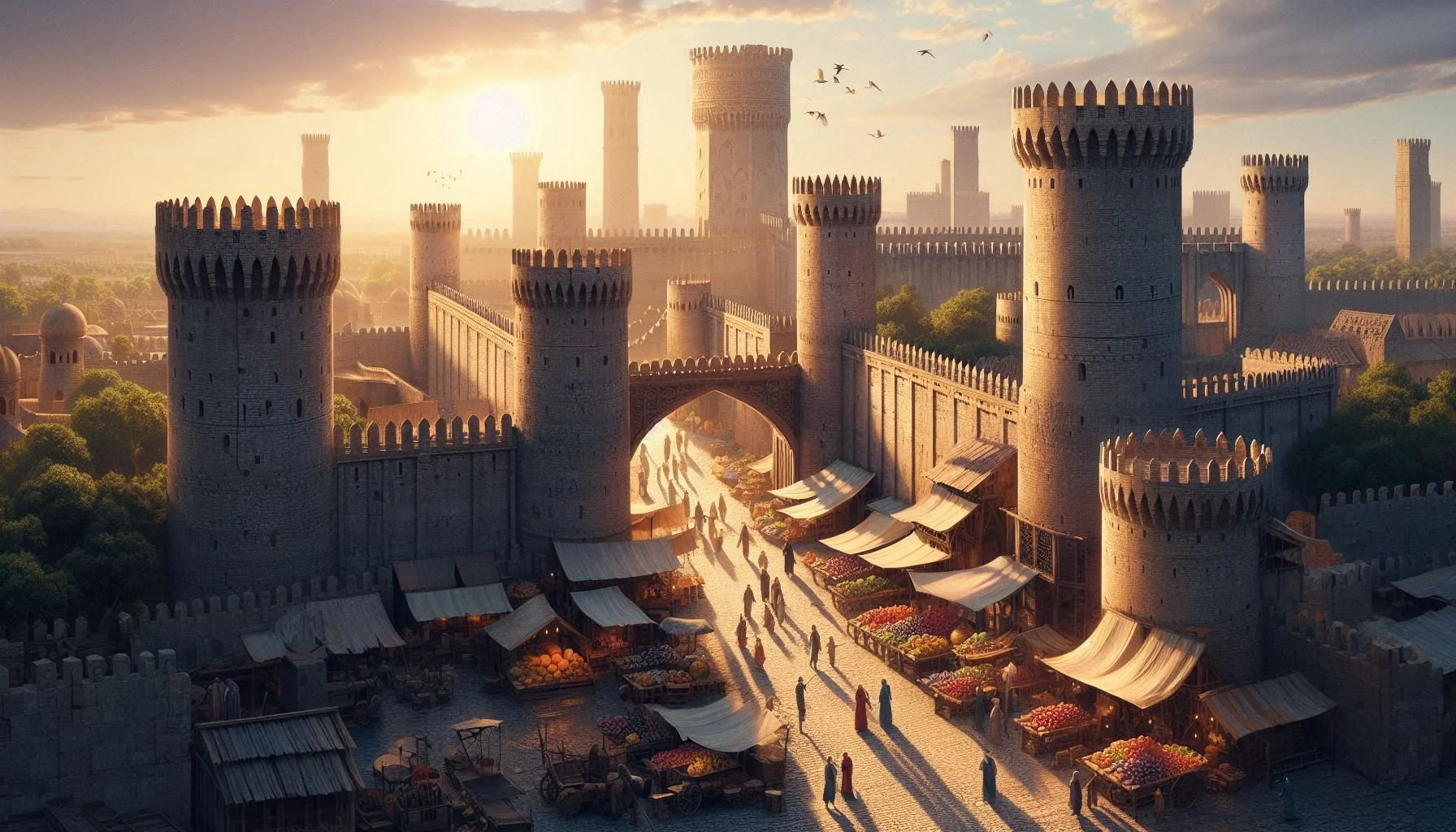Unless the LORD Builds the House (Part One)
Unless the Lord builds the house,
those who build it labor in vain.
Unless the Lord watches over the city,
the watchman stays awake in vain.
2 It is in vain that you rise up early
and go late to rest,
eating the bread of anxious toil;
for he gives to his beloved sleep.
Psalm 127:1-2, ESV
Introduction
A few observations, by way of introduction, are essential. First, it is a song sung by the pilgrims on their journey to Jerusalem. Second, and of importance, it is written by Solomon. The first item may be related to the house of the LORD, the Temple. The second item may carry a double meaning. First, it may mean the very house Solomon built as his palace (see 1 Kings 7). Second, it may refer to the Temple built by Solomon (see 1 Kings 6). The inscription that heads this Psalm is helpful, though it does not give as much information as we might want. The ESV translation, "Of Solomon," may also be translated as "For Solomon." If the latter is true, it could be an exhortation from David to his son, knowing that he will build the house of the LORD. The words of 1 Chronicles 28:9-21 come into view if this observation is correct. In that passage, the words of 28:9-10 are striking and relevant:
9 “And you, Solomon my son, know the God of your father and serve him with a whole heart and with a willing mind, for the Lord searches all hearts and understands every plan and thought. If you seek him, he will be found by you, but if you forsake him, he will cast you off forever. 10 Be careful now, for the Lord has chosen you to build a house for the sanctuary; be strong and do it.”
The argument regarding the author is not unimportant. Still, whether David wrote it for Solomon or Solomon wrote it as a memorial of the words of 1 Chronicles 28 does not change the message (see also 1 Chronicles 29:19). Some observations are in order as we work through this Psalm verse by verse.
Psalm 127:1
The author of the Psalm begins with a negative. He states, "If Jehovah does not build, " The focus is on the labors of Jehovah, on the LORD himself. If we state it positively, it would be, "If Jehovah builds, the labor is not in vain." What is important to note is that the building project is all of the LORD. As God's people, we must work, but we depend on the LORD. He alone is the architect. We are the laborers. We follow the building plan of the Great Architect. We are obligated to follow the plans as given by the LORD. We cannot deviate from them according to our wants and wishes. If the house is to be built, it must follow the plans of the Lord. The labor is in vain if God's people do not follow the building plans.
The question of this verse is the identity of the house. What house is in view? Is a specific house in mind? I am strongly inclined to think that Solomon, reflecting on the words of 1 Chronicles 28, is thinking about the house of the LORD, the Temple. He may also be thinking of his house, the palace in Jerusalem. The words of this opening verse can be broadened to other things and labors, but the specific application seems to be the kingdom of God, the church of the Lord Jesus Christ. This Psalm reminds me of the building project that occurred during the post-exilic days of the church of old. Ezra was tasked with rebuilding the Temple. Nehemiah was tasked with rebuilding the walls around the holy city. Though the walls were rebuilt in record time, the work still belonged to the LORD. They worked, but it was God who was ultimately working. Yet, if the LORD does not build, our labors will be in vain.
That raises another aspect worth pondering. Sometimes, God's people follow the plans as given by the LORD, but God chooses not to bless the labor. Those times are hard to discern, hard to understand, and very painful to face. It is possible to do what is right, according to God's plan, and see no fruit or blessing. In those times, we must defer to the wisdom of the LORD. However, we must not jump to conclusions merely because we don't see immediate fruit or blessing. Sometimes, the building project takes many years of toil. It is not necessarily true that if we do not see the LORD working, he isn't blessing. It is also true that retraction in the building project or hindrances to it does not mean God is angry with the workers or that he is not a blessing. Nehemiah faced obstacles and hindrances to the building program but completed it in 52 days.
Unless the LORD builds the house, those who build it labor in vain. The plan is the LORD's. We are his servants. We build according to his design and depend on him. In the next edition, I will explore those means God has given as we labor to build the house according to God's plans.

